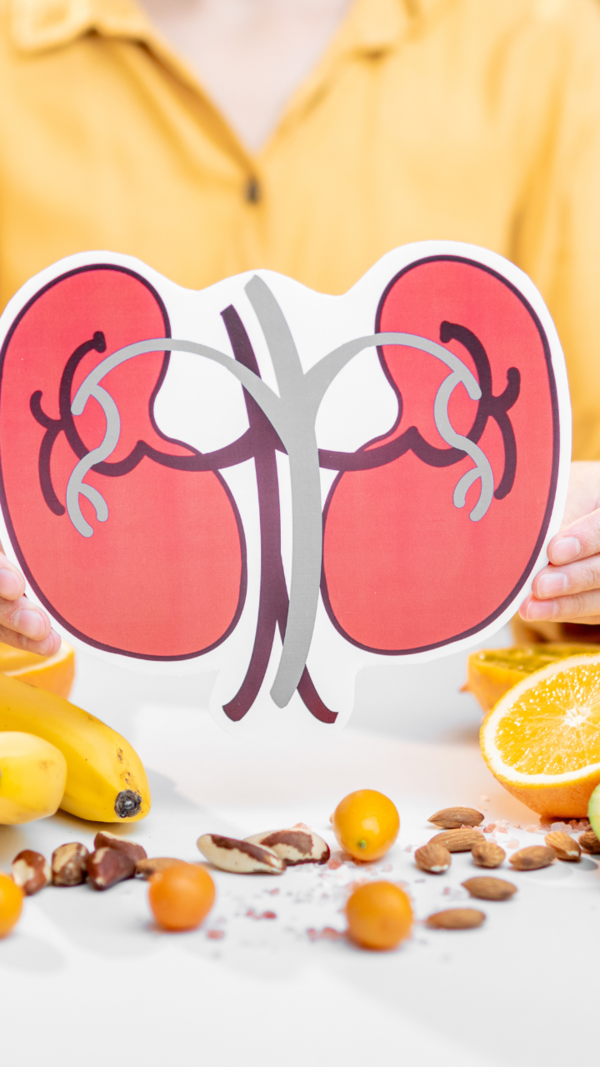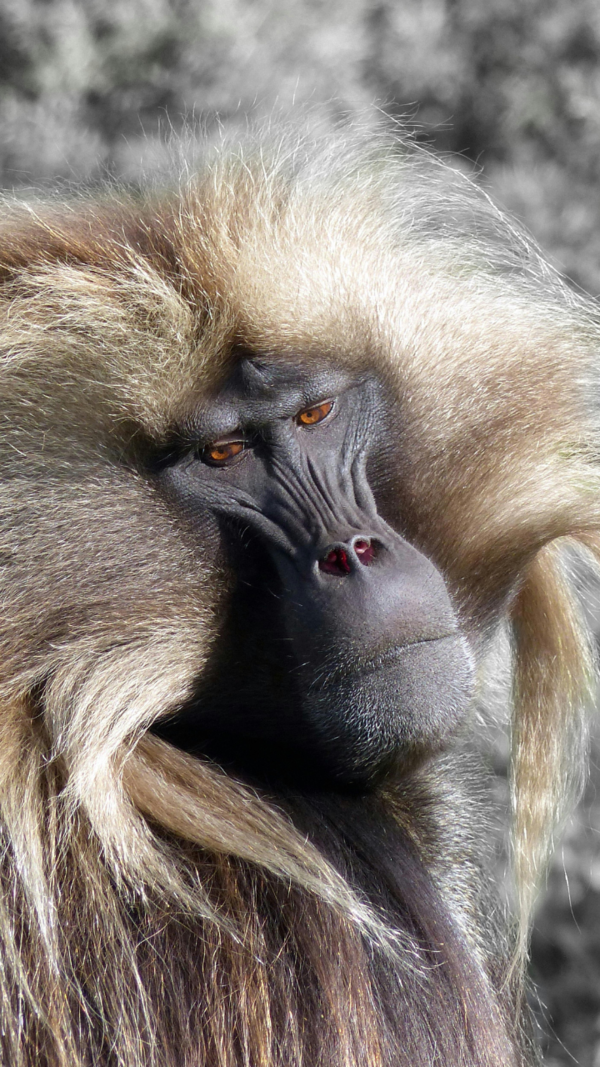- News
- entertainment
- hindi
- bollywood
- Salim Akhtar's last rites: Raza Murad, Raj Babbar, Firoz Khan, and others arrive to pay their respects
Trending
Salim Akhtar's last rites: Raza Murad, Raj Babbar, Firoz Khan, and others arrive to pay their respects
Veteran Bollywood producer Salim Akhtar, who launched the careers of Rani Mukerji and Tamannaah Bhatia, passed away in Mumbai at the age of 82. His funeral is scheduled for Wednesday following the Zohra Namaz. Akhtar produced several films, including 'Raja Ki Aayegi Baraat' and 'Chand Sa Roshan Chehra,' and is survived by his wife and son.
Veteran Bollywood producer Salim Akhtar, renowned for launching the careers of notable actors such as Rani Mukerji and Tamannaah Bhatia, passed away on Tuesday, 8 April 2025, in Mumbai at the age of 82. His funeral is scheduled for Wednesday, 9 April, at 1:30 pm, following the Zohra Namaz, at the graveyard near Irla Mosque in JVPD, as reported by Free Press Journal.
Among the first to arrive to pay their respects were actors Raj Babbar, Raza Murad, 'Mahabharat' actor Firoz Khan, and Shahbaz Khan.
Salim Akhtar helped start the careers of two well-known Bollywood actresses. In 1997, he produced 'Raja Ki Aayegi Baraat,' which was Rani Mukerji’s first Hindi film. Later, in 2005, he launched Tamannaah Bhatia with 'Chand Sa Roshan Chehra.' Both went on to become popular names in the film industry.
Akhtar's contributions to Indian cinema were significant, particularly during the 1980s and 1990s. He produced films like 'Qayamat' (1983), 'Loha' (1987), 'Batwara' (1989), 'Phool Aur Angaare' (1993), and 'Baazi' (1995). In 1997, he introduced Rani Mukerji to Hindi cinema with 'Raja Ki Aayegi Baaraat,' and in 2005, he launched Tamannaah Bhatia with 'Chand Sa Roshan Chehra.' Other notable productions include 'Badal' (2000), starring Bobby Deol and Rani Mukerji, and 'Choron Ki Baraat' (1980). Akhtar is survived by his wife, Shama Akhtar, and son, Samad Akhtar.
After Manoj Kumar’s passing, this is another major loss for the film industry. The legendary actor and filmmaker died on 4 April at the age of 87. He breathed his last at Kokilaben Hospital in Mumbai, where he had been admitted due to a prolonged illness. Fondly known as 'Bharat Kumar', he was a celebrated figure in Indian cinema. Born on 24 July 1937 as Harikrishna Giri Goswami, Manoj Kumar became famous for his patriotic films. Classics like Upkaar and Kranti earned him great respect and continue to be remembered as iconic contributions to Bollywood's golden age.

About the Author
TOI Entertainment DeskEnd of Article
FOLLOW US ON SOCIAL MEDIA
Visual Stories
Tired of too many ads?










